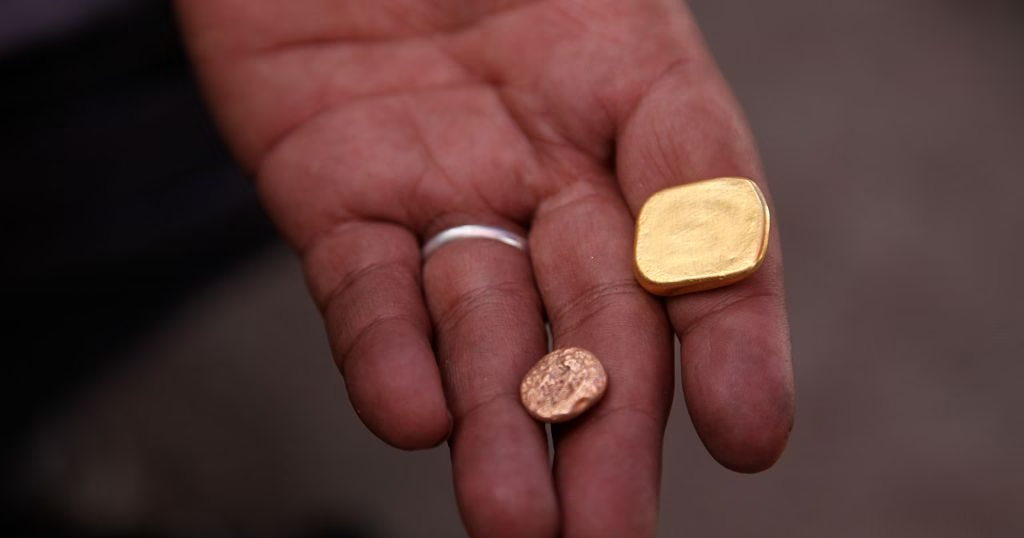
The West African nation, a leading gold producer, suspended the allocation of mining titles in November 2022, stating that the move was aimed at improving the permitting process. In 2023, Mali introduced a new mining code that increased taxes and gave the state a higher stake in mining assets.
According to the ministry, the suspension will be eased after “major work to clean up the mining register.” Under the new directive, authorities will accept applications for the renewal of search and exploitation permits, transitions from search to exploitation, and the transfer of exploitation permits. However, the issuance of new mining permits and the transfer of search permits will remain suspended.
There have been concerns in recent years that profits from unregulated mining in northern Mali could benefit extremists operating in that part of the country.
According to the International Trade Administration, which is part of the U.S. Department of Commerce, “Gold is by far Mali’s most important export, comprising more than 80% of total exports in 2021.” More than 2 million people, or more than 10% of Mali’s population, rely on the mining sector for income, according to the U.S.
Mali is one of Africa’s top three gold-producing countries. Several major gold-producing companies operate in this West African nation, including Barrick Gold, B2Gold, Resolute Mining, and Allied Gold.
Tensions have been increasing between some mining companies and the military authorities, who are demanding that companies pay money and adhere to a new mining code. At least four employees of the Canadian company Barrick were still in prison in Bamako at the end of the last year. Military authorities then seized 3 tons of gold from Barrick’s mining site and deposited it in a Bamako bank.






